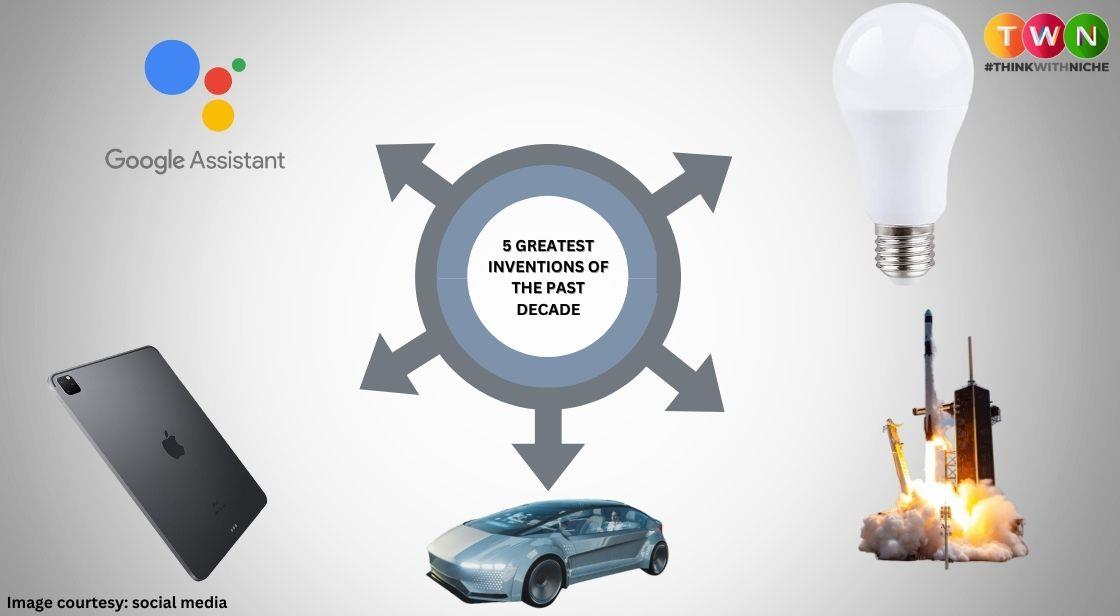Gandhi Jayanti 2024: Mahatma Gandhi and his Philosophy of Democracy
Mahatma Gandhi, the father of the Indian nation, was not only a leader of India's struggle for independence but also a profound philosopher whose ideas continue to shape the world. Among his many ideologies, his philosophy of democracy stands as a testament to his visionary thinking. In a world grappling with diverse political ideologies, Gandhi's approach to democracy remains relevant and impactful.
Mahatma Gandhi was one of the most influential figures in the history of democracy. His philosophy of democracy was based on the principles of truth, non-violence, and swaraj (self-rule). Gandhi believed that democracy should be a participatory system where all citizens have a voice in decision-making.
Gandhi's ideas about democracy are still relevant today.
We live in a world where democracy is under threat from authoritarian regimes and other forces. Gandhi's philosophy can help us to defend democracy and to build more just and equitable societies.
Gandhi Jayanti 2024 - Mahatma Gandhi and his Philosophy of Democracy
Explore the profound insights of Mahatma Gandhi as we delve into his philosophy of democracy, understanding how his principles are not confined to a specific era but resonate across the global landscape.
Gandhi's Principles of Democracy
Truth: Gandhi believed that democracy should be based on truth and honesty. He argued that if politicians and citizens are not truthful, then democracy cannot function properly.
Non-violence: Gandhi believed that non-violence is the only way to achieve lasting social change. He argued that violence only breeds more violence, and that it is ultimately self-defeating.
Swaraj: Gandhi believed that swaraj, or self-rule, is the ultimate goal of democracy. He argued that people should be free to govern themselves without interference from outside forces.
Understanding Gandhi's Concept of Democracy: A Vision Rooted in Sarvodaya
Gandhi's profound vision of democracy transcended the conventional political framework; instead, it was intricately interwoven with the ideals of Sarvodaya, a concept embodying the welfare and upliftment of all. His perspective on democracy was not confined to a mere governance structure; rather, it was a comprehensive way of life with a paramount focus on empowering every individual.
Democracy as a Way of Life: For Gandhi, democracy was not a standalone political system but a holistic approach to living. He envisioned a society where democratic principles permeated every facet, fostering an environment where individuals actively participated in the collective well-being. In his words, "A true democracy is that which promotes the welfare of the weakest."
Sarvodaya: Welfare for All: At the core of Gandhiji's democratic vision was Sarvodaya, meaning the "upliftment of all." He advocated for a society where the progress and prosperity of the weakest members were prioritized. His emphasis on Sarvodaya went beyond economic considerations, encompassing social, moral, and spiritual dimensions.



